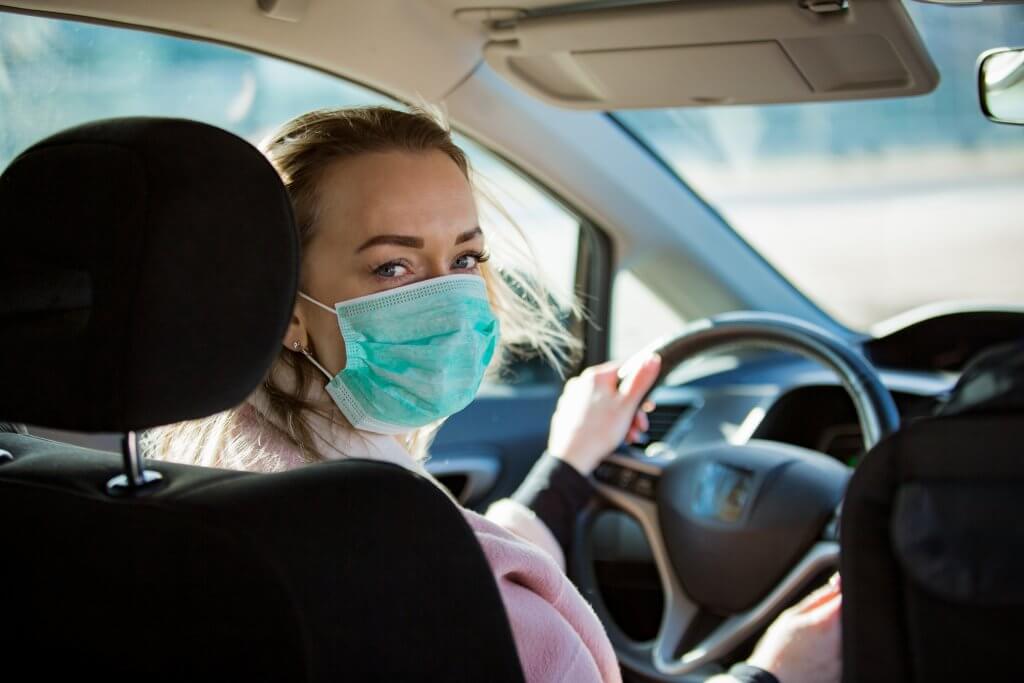Information About
Information is still the best defense for you and your family against COVID-19
We understand the concern surrounding Coronavirus (COVID-19) across the communities we serve. The health and safety of our patients, physicians, and staff is our top priority. U.S. Dermatology Partners has been actively preparing its offices, physicians, and employees to identify possible patients with the COVID-19 virus and to prevent transmission to themselves, other patients, and visitors. Our Clinical Response Team is reviewing our response as the situation evolves.
Visit this site for updates and changes.
At U.S. Dermatology Partners, we are dedicated to meeting your dermatologic needs. We will see patients with urgent needs in any one of our dermatology clinics.
As an alternative to in-office appointments, we are now offering Online Dermatology Appointments. This is a great way for our patients to get the care they need while preventing any risk to their health or the health of others. Learn More
Patients with Upcoming In-Office Appointments
To follow Social Distancing guidelines, we are limiting the number of patients in our office at one time. Prior to your appointment, a staff member will call you and ask screening questions to determine if you have been exposed to someone with COVID-19 in the last 14 days, or you are experiencing any of the symptoms related to COVID-19.
If you are experiencing any of the symptoms listed below, we MUST reschedule your appointment for a future date.
- Fever
- Fatigue
- Cough
- Shortness of breath
- GI symptoms – diarrhea, vomiting, nausea, or stomach pains
- Experienced recent loss of smell or taste
Please call the office and our staff will reschedule your appointment. We will also screen every patient at check in to identify and limit potential exposure to COVID-19 in our clinics. As recommended by the CDC, we strongly encourage patients to wear a face mask or face covering to reduce the potential transmission of COVID-19. Please note that some of our offices now require patients to wear a face covering. Our staff members will be wearing facemasks during office hours.
 Alternate Waiting Room
Alternate Waiting Room
In adherence with federal social distancing directives, some of our clinics are requesting patients to remain in their car until staff if ready for their appointment. This will decrease the number of people in the waiting room and the length of time. Please call our office to let us know you are “HERE”, and we will check you in.
Please remain in your vehicle. When we are ready for you, we will call you and meet you at the front door.
A Note to Our Higher Risk Patients
As the virus continues to spread, we want to protect and safeguard our most vulnerable patients. The CDC defines individuals that are high risk as anyone over the age of 65, or anyone with chronic medical conditions regardless of age. Some of these conditions include asthma, heart failure, kidney disease or cancer. Some medications can also suppress your immune system, making it easier to get sick.
High-risk patients should consider changing any routine, non-urgent visits to a later date.
COVID-19 is a new disease and the medical community is learning more about it each day. Certain populations are at higher risk of complications arising from the disease. Based upon available information to date, the Centers for Disease Control and Prevention (CDC) has revised its criteria regarding individuals considered to be high risk.
As of noon, on Wednesday, March 18th, the revised criteria for high-risk individuals is as follows:
- Chronic lung disease or asthma
- Congestive heart failure or coronary artery disease
- Diabetes
- Neurologic conditions that weak ability to cough
- Weakened immune system
- Chemotherapy or radiation for cancer (currently or in recent past)
- Sickle cell anemia
- Chronic kidney disease requiring dialysis
- Cirrhosis of the liver
- Lack of spleen or a spleen that doesn’t function correctly
- Extreme obesity
- People who are pregnant
- People 65 years and older
- People who live in a nursing home or long-term care facility
If you are at higher risk, there are actions you can take to protect yourself and those around you. Click here to read the latest information from the CDC with precautions as well as actions you can take to reduce your risk of getting sick.
Frequently Asked Questions
How Is Our Staff Being Trained?
Our staff has been trained in infection and control practices, standard precautions, and hand hygiene.
How Is U.S. Dermatology Partners Monitoring the Situation?
As the situation evolves, we are keeping up with and following the recommendation of the CDC, WHO and state and local health departments.
How Is U.S. Dermatology Partners Preparing for COVID-19?
- Our primary duty is to safeguard the health and wellbeing of our patients and teammates by preventing the spread of the infection at our offices.
- We are continuously monitoring, reviewing, and improving our response as the situation evolves.
- We are keeping all employees updated with any new recommendations for preventing the spread of COVID-19.
- We are encouraging sick employees to stay home.
- We are increasing awareness of all of our staff to be alert for signs and symptoms of COVID-19.
- Our practices employ proper environmental cleaning techniques.
- We are practicing safe hand hygiene in all of our clinics.
- We are proactively alerting patients who are ill, exposed to COVID-19 or those who have recently visited high-risk countries to reschedule appointments.
- Employees who travel to areas identified by the CDC with a “Level 2-3 Travel Health Notice, as well as any cruise ship trips will be required to voluntarily extend their time away from work by an additional 14 days for home self-monitoring.
COVID-19 Symptoms
Signs and symptoms of COVID-19 may appear 2 to 14 days after exposure and can include:
- Fever
- Fatigue
- Cough
- Shortness of breath
- GI symptoms – diarrhea, vomiting, nausea, or stomach pains
- Experienced recent loss of smell or taste
The severity of COVID-19 symptoms can range from very mild to severe. People who are older or have existing medical conditions, such as heart disease, may be at higher risk of serious illness. This is similar to what is seen with other respiratory illnesses, such as influenza.
Practice Everyday Prevention
As you touch people, surfaces, and objects throughout the day, you accumulate germs on your hands. You can infect yourself with these germs by touching your eyes, nose, or mouth.
Although there is no vaccine available to prevent infection with the new coronavirus, you can take steps to reduce your risk of infection.
The CDC and WHO recommend following the standard precautions for avoiding respiratory viruses:
- Avoid close contact with people who are sick.
- Avoid touching your eyes, nose, and mouth.
- Stay home when you are sick.
- Cover your cough or sneeze with a tissue, then throw the tissue in the trash.
- Clean and disinfect frequently touched objects and surfaces using a regular household cleaning spray or wipe.
- Wash your hands often with soap and water for at least 20 seconds, especially after going to the bathroom; before eating; and after blowing your nose, coughing, or sneezing.
- If soap and water are not readily available, use an alcohol-based hand sanitizer with at least 60% alcohol.
- Always wash hands with soap and water if hands are visibly dirty.
- Avoid sharing dishes, glasses, bedding, and other household items if you’re sick.
- Clean and disinfect surfaces you often touch. Stay home from work, school, and public areas if you’re sick.


 Alternate Waiting Room
Alternate Waiting Room